Family values
Family is considered to be of utmost importance in Indian culture, with strong bonds between family members and a focus on respect for elders and caring for one's relatives.
India is a country with a rich and diverse culture, which has been shaped by its long and complex history. The Indian people have a strong sense of national identity and pride, and their culture is deeply rooted in their history and traditions.
LII-HAYBYRNE INSTITUTE

The Jesuits played an important role in the development of India during the 16th and 17th centuries. They were among the first Europeans to establish a presence in India, and they quickly became involved in a range of activities, including evangelization, education, and diplomacy. One of the most notable Jesuits in India was Francis Xavier, who arrived in Goa in 1542. Xavier travelled extensively throughout India, preaching and converting people to Christianity. He also established schools and hospitals, and he worked to promote social justice and human rights.
Another important Jesuit in India was Roberto de Nobili, who arrived in India in 1605. De Nobili adopted many Indian customs and practices, including wearing Indian clothing and living like an Indian ascetic. He learned Sanskrit and Tamil and translated Christian texts into these languages. He believed that this approach would help him to better understand and connect with the Indian people, and it allowed him to establish a successful mission in the Tamil region of southern India.
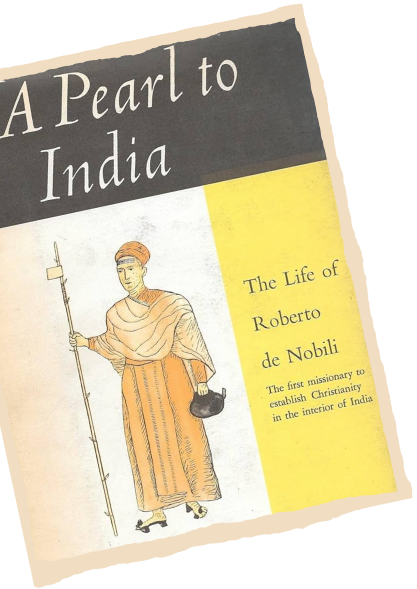
Jesuits, have been a continuing presence in India since the sixteenth century. With the help of local people, they not only spread the Christian faith but also did a lot for the growth of the Indian nation, especially through education, scientific advancements, and betterment of the lives of underprivileged people.
They attempted enculturation of the Christian faith in multicultural India; learnt of, discussed, and respected other religions; and mastered and contributed to the growth of Indian languages. Now about 4,000 Jesuits—mostly Indians—are working in eighteen Provinces/Regions in India. There are three major phases in the history of Jesuits in India—the beginning, suppression, and restoration. All along, true to the Ignatian charism, members of the Society of Jesus have kept their daring missionary zeal of moving to the frontiers—challenging, unknown, and unexplored.
A Pearl to India

LII-HAYBYRNE INSTITUTE
One of the longest surviving institutions of India, 'Indian Family' represents the three pillars of Loyalty, Integrity and Unity. The first lessons of collectivism and sacrificing individualism are learned from the family. Extended family and kinship are the major aspects of the Indian family system.
Indian culture is incredibly diverse and complex, and has evolved over thousands of years through the influences of various religions, traditions, languages, and customs. However, there are certain characteristics that are commonly associated with Indian culture:

India is known for its deep spiritual and religious traditions, with Hinduism being the predominant religion. Other major religions in India include Buddhism, Sikhism, Islam, and Christianity.
Family is considered to be of utmost importance in Indian culture, with strong bonds between family members and a focus on respect for elders and caring for one's relatives.
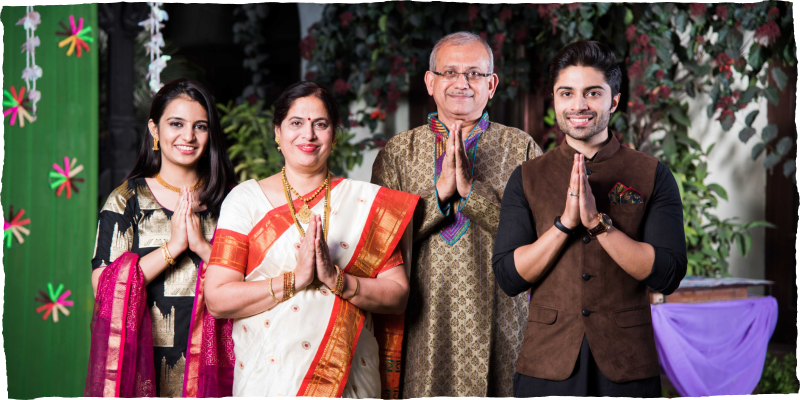

India has a rich cultural heritage, and many Indians place a high value on preserving and respecting traditional customs and practices.
India is home to a wide variety of festivals and celebrations throughout the year, with each region and religion having its own unique set of traditions and customs.
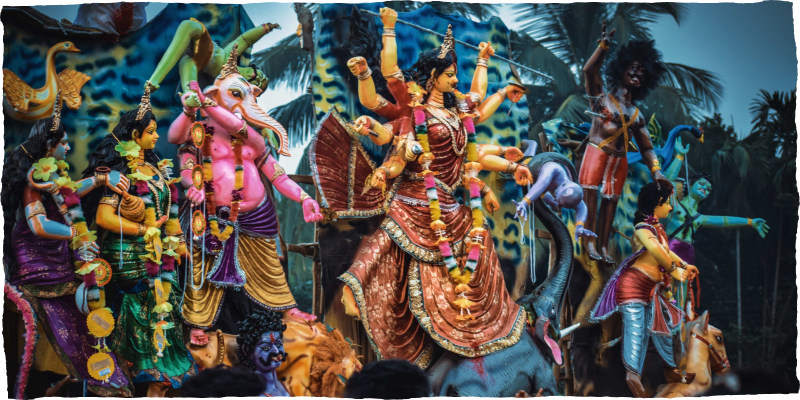

Indian cuisine is known for its bold flavours and wide variety of vegetarian and non-vegetarian dishes. Hospitality is also a key aspect of Indian culture, with guests often being treated with great warmth and generosity.
India has a rich tradition of arts and literature, with ancient texts such as the Vedas and the Mahabharata being highly revered. Indian classical music, dance, and theatre are also celebrated forms of artistic expression.
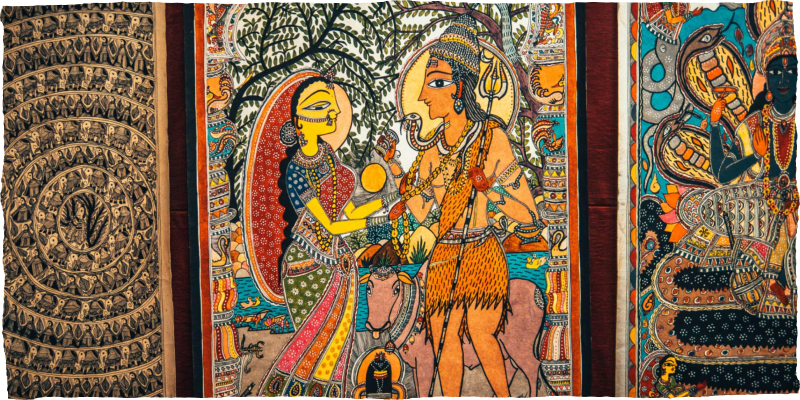

India is a diverse country with many different languages, religions, and cultures. This diversity is celebrated and valued, and is seen as a source of strength for the country.
Structurally, the Indian joint family includes three to four living generations, including grandparents, parents, uncles, aunts, nieces and nephews, all living together in the same household, utilizing a common kitchen and often spending from a common purse, contributed by all. What are Indian common beliefs? Most Indians of all religions surveyed believe in karma, the idea that people will reap the benefits of their good deeds, and pay the price for their bad deeds, often in their next life. This includes roughly three-quarters of Hindus (77%), Muslims (77%) and Jains (75%) who share this belief.
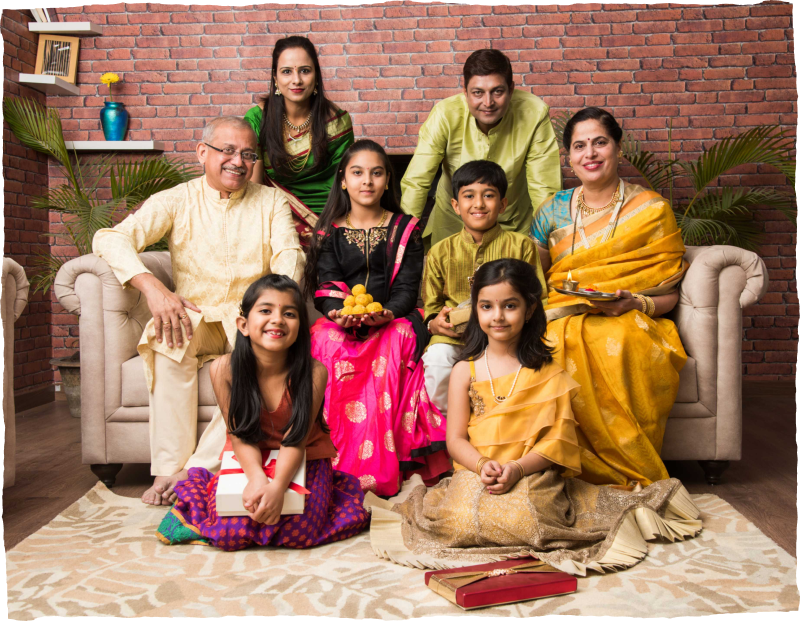
LII-HAYBYRNE INSTITUTE
In Chinese culture, family values are highly valued, with a strong emphasis on filial piety and respect for one's elders. However, Chinese culture places a great deal of importance on the concept of "face," which refers to the social status and reputation of oneself and one's family. As a result, there can be a greater emphasis on maintaining appearances and social harmony, even if it means suppressing individual desires or needs.
Learn MoreIn Japanese culture, family values are often built up on the concept of filial piety, which emphasizes respect for one's elders and a strong sense of duty and obligation towards one's family members. Family relationships are highly valued, and there is a strong emphasis on maintaining harmony and avoiding conflict within the family unit.
Learn More